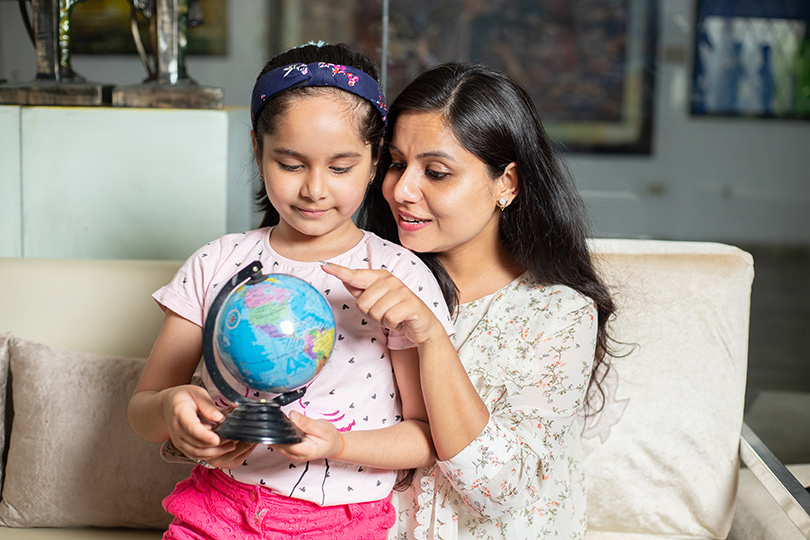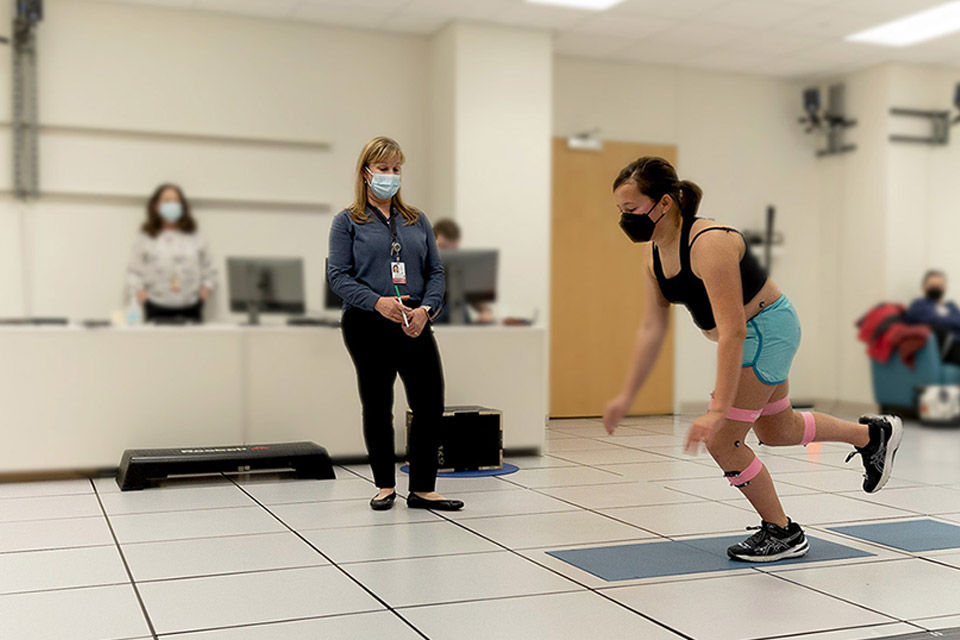Cerebral Palsy
At Shriners Children's, our team of specialists provides individualized care for your child with cerebral palsy.
Shriners Children's provides individualized specialty care for children with all types of cerebral palsy (CP), from mild cases that require minimal intervention to more complex diagnoses that necessitate a wider range of support services. In 2020, Shriners Children’s treated over 6,700 children with CP, and U.S. News & World Report ranked six of our locations among the "best children’s hospitals for orthopedics" in the United States.
Learning to support your child with CP can be challenging for you as a caregiver. Our multidisciplinary care team can assist in maximizing your child’s function. This may include orthopedic services, physical medicine and rehabilitation services, physical therapy and occupational therapy. Your child may also receive speech language therapy, nutrition services, and a review of bracing and equipment needs.
Since the types and severity of CP can greatly vary, every child with CP can benefit from an individualized treatment plan to thrive. Our care teams are guided by the latest research combined with their years of experience to develop a plan, in collaboration with you and your child.
What is Cerebral Palsy?
Cerebral palsy is a general term applied to many conditions that can result from a disturbance to the developing brain. CP affects muscle tone, movement and coordination. This can make it difficult for a child to control the movement of their body. Common activities like speaking, standing or sitting can be challenging. Some children may have associated health conditions related to cognition, speech, vision, hearing, breathing issues or difficulty eating and swallowing.
How is CP Diagnosed?
Parents typically recognize early signs of delayed development in their child, such as difficulty talking, sitting, standing, walking and eating, or increased or decreased muscle tone. A pediatrician or neurologist may be able to diagnose CP by 18 months of age. A definitive diagnosis may not be made until 24 to 30 months of age, as there can be other causes of these symptoms. An MRI of the brain is often obtained to help with identifying a diagnosis. In some cases, genetic testing is required. There is no specific test for diagnosing CP.
How We Can Help
We have a multidisciplinary neuromuscular team to provide care for your child with CP. Team members include: orthopedic surgeons, physical medicine and rehabilitation physicians; physical, occupational and speech therapists; nutritionists, social workers and orthotic specialists. The goal of the team is to maximize the function of your child.
Learn more below about treatment options for cerebral palsy.
Specific treatments and services may vary by location. Please contact a specific location for more information.
Irvin started with limited movement on the right side of his body. Bracing, physical therapy and the hospital’s BFit power-based exercise and cycling programs improved his mobility, and gave him the confidence and endurance he needed.







